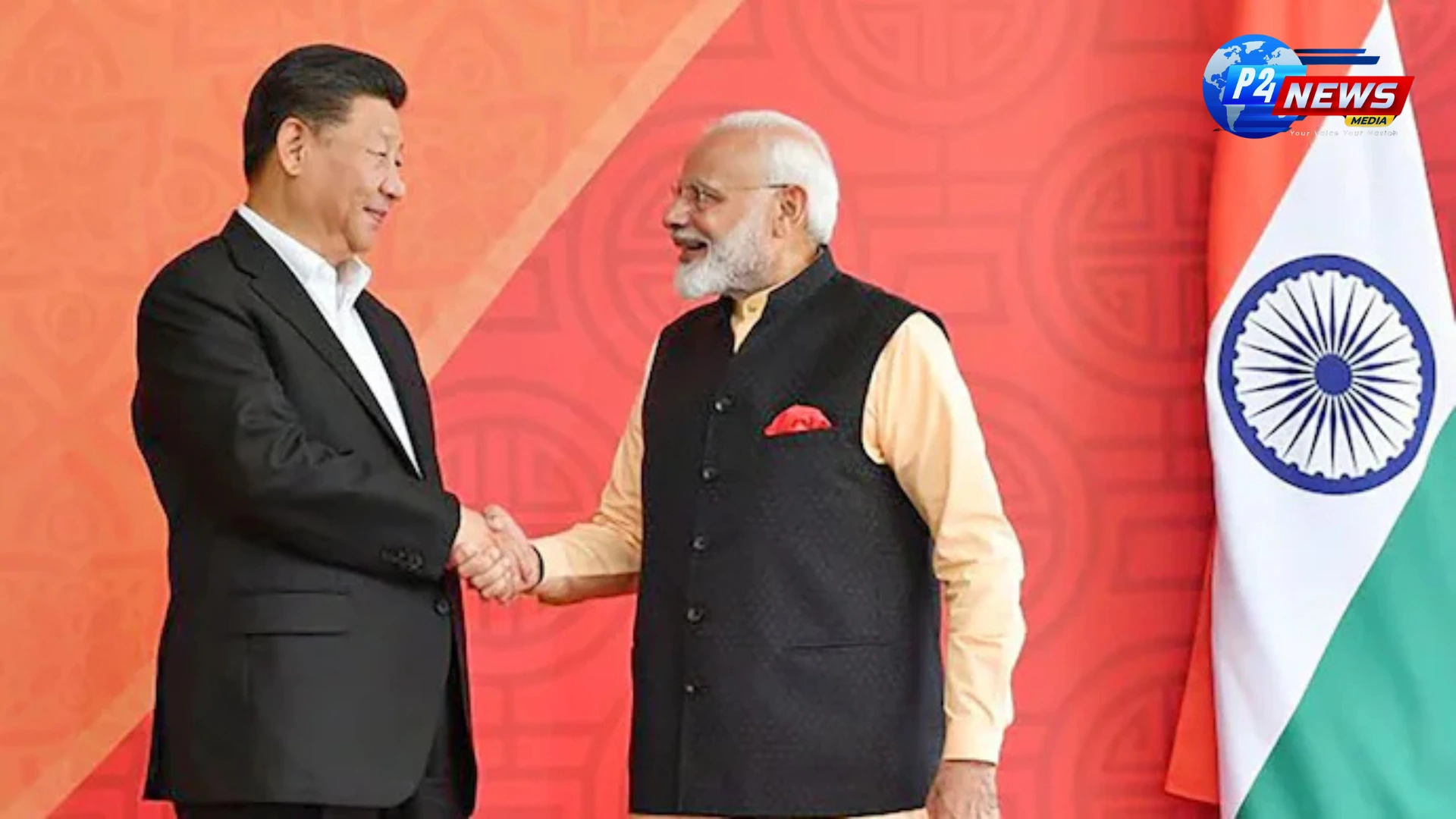In a significant development on October 23, 2024, Prime Minister Narendra Modi and Chinese President Xi Jinping met on the sidelines of the BRICS Summit in Kazan, Russia.
In a significant development on October 23, 2024, Prime Minister Narendra Modi and Chinese President Xi Jinping met on the sidelines of the BRICS Summit in Kazan, Russia.
In a significant development on October 23, 2024, Prime Minister Narendra Modi and Chinese President Xi Jinping met on the sidelines of the BRICS Summit in Kazan, Russia. This formal meeting, the first in five years, took place just days after India and China reached an agreement to resolve patrolling issues along the Line of Actual Control (LAC). The two leaders welcomed the agreement and decided to revive several diplomatic mechanisms to address their long-standing border dispute and normalize bilateral relations.
Prime Minister Modi, in his televised remarks, emphasized the importance of mutual trust, respect, and sensitivity as the foundation of India-China relations. He stressed that maintaining peace and stability along the border is crucial for the interests of both nations, as well as for global peace and progress. Modi also highlighted the need to properly manage differences and disputes to ensure they do not disturb peace along the LAC.
President Xi echoed these sentiments, stating that India and China, as major players in the Global South, must keep their bilateral relations on the “right direction.” He stressed the importance of increased communication and cooperation to handle disagreements and support each other’s development goals.
The agreement, which was reached earlier this week, marks a key step toward ending the military standoff in the Ladakh sector of the LAC, which began in 2020. The standoff had led to heightened tensions, particularly after the Galwan Valley clash, where 20 Indian and at least 4 Chinese soldiers were killed.
The two leaders agreed that Special Representatives from both countries, India’s Ajit Doval and China’s Wang Yi, would meet soon to discuss further steps towards peace and stability in the border areas. The reactivation of mechanisms at various levels, including foreign ministers and officials, will be aimed at stabilizing and rebuilding bilateral ties.
Both Modi and Xi emphasized the need to progress bilateral relations from a strategic and long-term perspective. They affirmed that stable and amicable relations between India and China would have a positive impact on regional and global peace. They also agreed to enhance strategic communication and explore cooperation to tackle developmental challenges.
Foreign Secretary Vikram Misri highlighted that the recent agreement should lead to a de-escalation of tensions along the LAC and foster increased trust between the two sides. Misri expressed optimism that the restoration of peace would pave the way for a gradual normalization of ties.
The agreement covers pending issues in Depsang and Demchok, where Chinese troops have prevented Indian forces from accessing key patrolling points. Although questions regarding the withdrawal of additional troops remained unanswered, Misri noted that such operational matters would be determined by military leadership.
The revival of initiatives such as the Kailash Mansarovar Yatra may be among the topics of discussion when formal talks between the two sides resume.
Modi and Xi also briefly discussed regional and international developments, agreeing to maintain close communication on these issues. Modi expressed India’s support for China’s presidency of the Shanghai Cooperation Organisation (SCO) in 2025, and both leaders explored potential cooperation under the BRICS platform.
Like
Dislike
Love
Angry
Sad
Funny
Pray
9th Ayurveda Day in Melbourne: A Celebration of Ayurvedic Innovations and Global Health Impact
November 10, 2024Australia’s Terror Alert Jumps to ‘Probable’: What You Need to Know About the Increased Risk
August 05, 2024🍪 We Value Your Privacy and Experience Hi there! We use cookies to enhance your browsing experience, provide personalized content, and analyze site traffic. By continuing to use our site, you consent to our use of cookies.







Comments 0